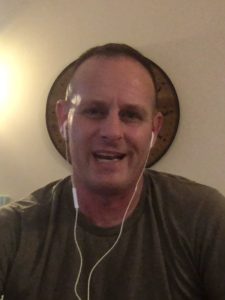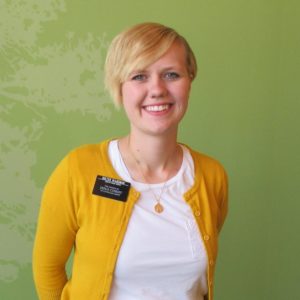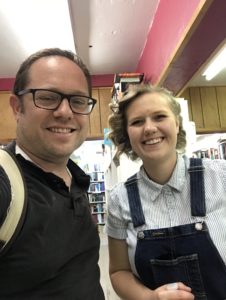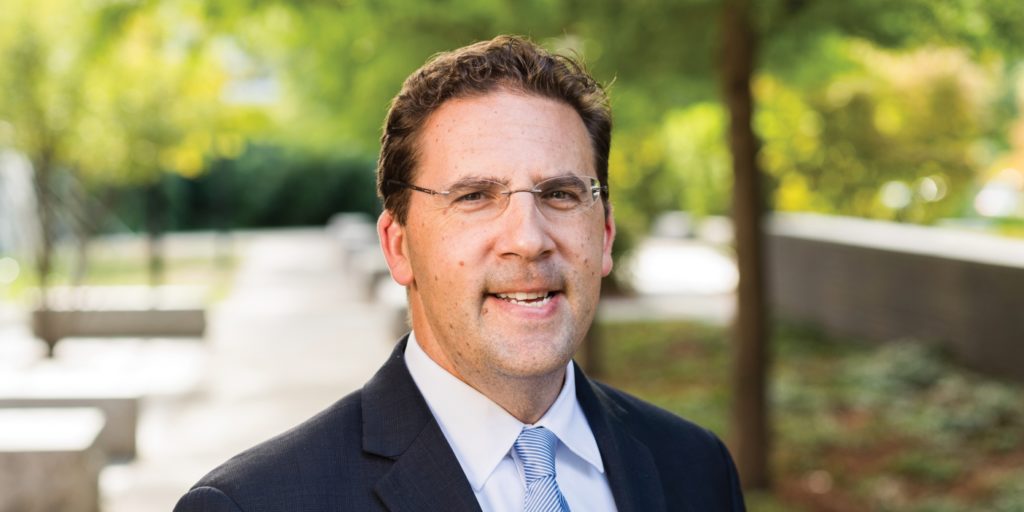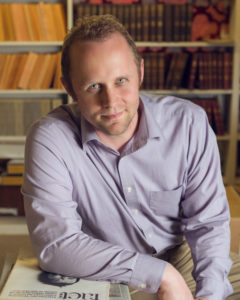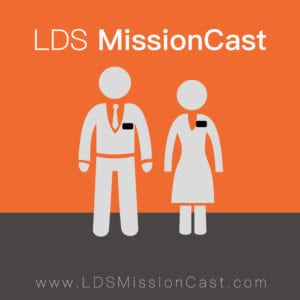Podcast: Download (49.2MB)
Subscribe: RSS
This podcast series features past FairMormon Conference presentations. Please join us for the 2019 FairMormon Conference coming up August 7-9! You can attend in person or purchase the video streaming.
Jeffrey Bradshaw, Stories of the Saints in the DR Congo
Transcript available here.
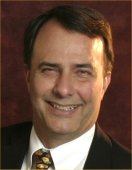 Dr. Jeffrey M. Bradshaw is a Senior Research Scientist at the Florida Institute for Human and Machine Cognition in Pensacola, Florida. His professional writings have explored a wide range of topics in human and machine intelligence (www.jeffreymbradshaw.net). Jeff has been the recipient of several awards and patents and has been an adviser for initiatives in science, defense, space, industry, and academia worldwide. He chairs the Scientific Advisory Council for the Nissan Research Center—Silicon Valley and is a former co-editor of the Human-Centered Computing Department for IEEE Intelligent Systems. He was a member of the Defense Science Board 2015 Study on Autonomy, the Board on Global Science and Technology for the National Academies of Science, and the National Research Council Committee on Emerging Cognitive Neuroscience Research.
Dr. Jeffrey M. Bradshaw is a Senior Research Scientist at the Florida Institute for Human and Machine Cognition in Pensacola, Florida. His professional writings have explored a wide range of topics in human and machine intelligence (www.jeffreymbradshaw.net). Jeff has been the recipient of several awards and patents and has been an adviser for initiatives in science, defense, space, industry, and academia worldwide. He chairs the Scientific Advisory Council for the Nissan Research Center—Silicon Valley and is a former co-editor of the Human-Centered Computing Department for IEEE Intelligent Systems. He was a member of the Defense Science Board 2015 Study on Autonomy, the Board on Global Science and Technology for the National Academies of Science, and the National Research Council Committee on Emerging Cognitive Neuroscience Research.
Jeff serves as a vice president for The Interpreter Foundation and is on the Advisory Board for the Academy for Temple Studies. His articles on temple studies and the ancient Near East have appeared in Studies in the Bible and Antiquity, Element: A Journal of Mormon Philosophy and Theology, Interpreter: A Journal of Mormon Scripture, Meridian Magazine, and BYU Studies. Jeff has written detailed commentaries on the book of Moses and Genesis 1-11 and on temple themes in the scriptures. For LDS-related publications, see www.TempleThemes.net.
Jeff was a missionary in France and Belgium from 1975–1977, and his family has returned twice to live in France: once from 1993–1994 as a Fulbright Scholar and a second time from 2005–2006 as an unexpected “sabbatical” in the aftermath of Hurricane Ivan. Jeff has served twice as a bishop and twice as a counselor in the stake presidency of the Pensacola Florida Stake. He and his wife, Kathleen, are the parents of four children and twelve grandchildren. In June 2018, they finished two years of service in the Democratic Republic of Congo, Kinshasa Mission.
Audio Copyright © 2018 The Foundation for Apologetic Information and Research, Inc. Any reproduction or transcription of this material without prior express written permission is prohibited.
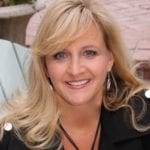 Taunalyn Ford Rutherford was born and raised in Salt Lake City, Utah. She earned a BA in History and an MA in Humanities from Brigham Young University and served an LDS mission in Stockholm Sweden. Recently she received her PhD in History of Religion at Claremont Graduate University. Her dissertation and her current book project focus on the growth of Mormonism in India. Her work has been published in academic journals and books, but her favorite works are her five children co-authored by her husband Jim Rutherford. She currently resides in Draper, Utah, and is an adjunct professor of religion at BYU.
Taunalyn Ford Rutherford was born and raised in Salt Lake City, Utah. She earned a BA in History and an MA in Humanities from Brigham Young University and served an LDS mission in Stockholm Sweden. Recently she received her PhD in History of Religion at Claremont Graduate University. Her dissertation and her current book project focus on the growth of Mormonism in India. Her work has been published in academic journals and books, but her favorite works are her five children co-authored by her husband Jim Rutherford. She currently resides in Draper, Utah, and is an adjunct professor of religion at BYU. Matthew McBride is the web content manager for the Church History Department and a graduate student in American history at the University of Utah. He is the author of A House for the Most High: The Story of the Original Nauvoo Temple and coeditor of Revelations in Context: The Stories behind the Sections of the Doctrine and Covenants. Matthew has also published in the Ensign and the Journal of Mormon History. He lives in American Fork, Utah, with his wife Mary and their four children.
Matthew McBride is the web content manager for the Church History Department and a graduate student in American history at the University of Utah. He is the author of A House for the Most High: The Story of the Original Nauvoo Temple and coeditor of Revelations in Context: The Stories behind the Sections of the Doctrine and Covenants. Matthew has also published in the Ensign and the Journal of Mormon History. He lives in American Fork, Utah, with his wife Mary and their four children.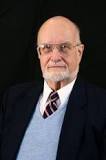
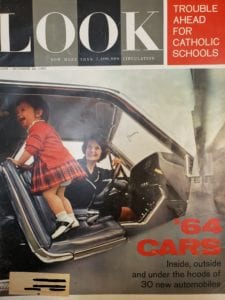
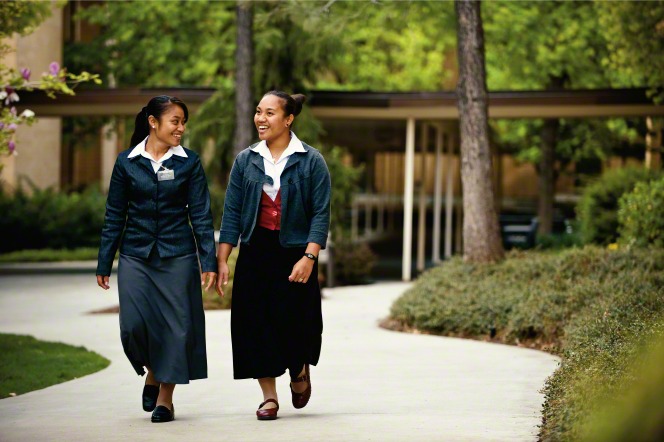


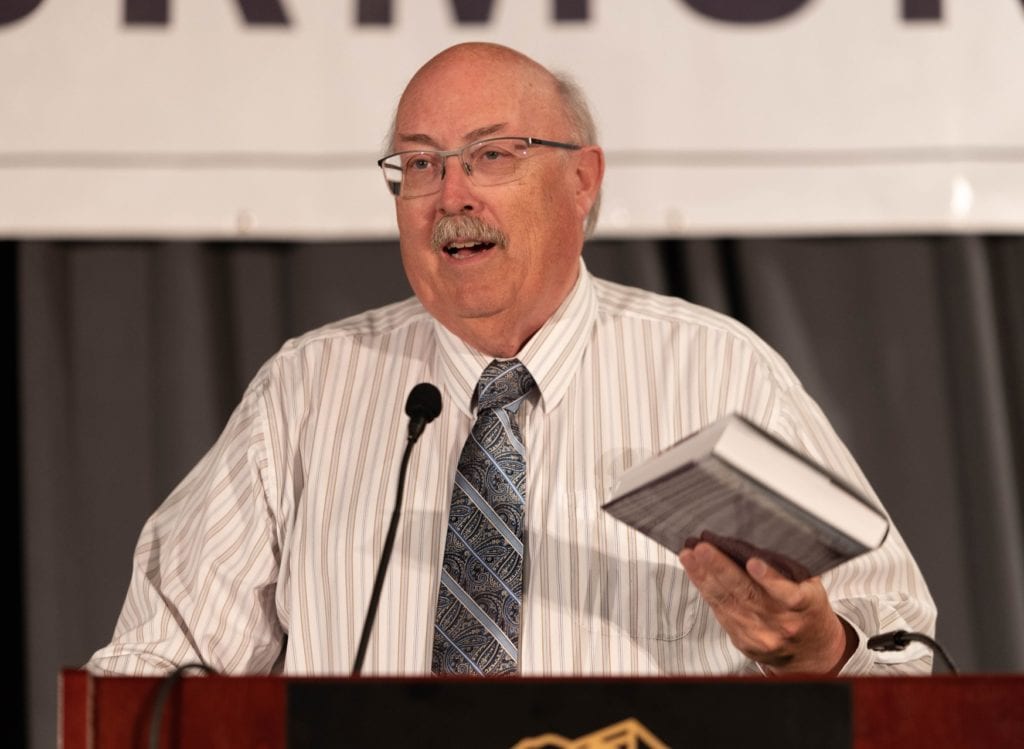 Our volunteers have been very busy transcribing the presentations from the conference held in August. The following transcripts are now available:
Our volunteers have been very busy transcribing the presentations from the conference held in August. The following transcripts are now available: